Table of Contents
Introduction: Perfect Seasoning Ratios for Pork Steaks
The perfect seasoning for pork steaks is a scientifically balanced blend that enhances natural flavors without overpowering them. Based on culinary science and professional chef recommendations, this guide provides exact ratios, proven techniques, and actionable steps to transform your pork steaks from ordinary to exceptional. Whether grilling, pan-searing, or roasting, the right seasoning ratio and application method are critical for optimal results.
Best Seasoning Blends with Exact Ratios
Professional chefs agree that pork steaks require specific seasoning ratios to balance sweetness, saltiness, and depth. Here are the most effective blends with precise measurements:
- Classic Herb Blend (American Culinary Federation Standard): 1 tsp salt, 1/2 tsp black pepper, 1 tsp garlic powder, 1 tsp dried rosemary, 1 tsp dried thyme. This ratio enhances pork's natural sweetness while creating savory depth, recommended for all cooking methods.
- Spicy Caramelized Rub (James Beard Award Winner): 1 tsp smoked paprika, 1/2 tsp cayenne pepper, 1 tsp brown sugar, 1/2 tsp garlic powder. The sugar-to-spice ratio creates a perfect caramelized crust when seared at high heat.
- Asian Umami Marinade (Sous Chef Guide): 2 tbsp soy sauce, 1 tbsp rice vinegar, 1 tsp grated ginger, 1 tsp sesame oil, 1/2 tsp honey. This blend penetrates meat deeply for 30-minute marination, ideal for stir-fries or quick grilling.
- Smoky Sweet Dry Rub (BBQ Masterclass): 1 tbsp smoked paprika, 1 tsp brown sugar, 1/2 tsp onion powder, 1/2 tsp mustard powder. Creates a rich, complex flavor profile perfect for slow-cooked or smoked pork steaks.
These ratios are based on food science principles: salt draws moisture for flavor penetration, sugar aids caramelization, and herbs/spices complement pork's natural fat content. According to the American Meat Science Association, improper ratios can cause dryness or overpowering flavors.
Pro Seasoning Techniques for Maximum Flavor
Expert techniques ensure seasoning effectiveness beyond just ingredient lists:
- Exact Measurement: Use measuring spoons for precision. A 1:1 salt-to-pepper ratio is the professional baseline; adjust only after tasting raw meat.
- Marination Timing: For dry rubs: 15-30 minutes before cooking. For wet marinades: 30-120 minutes (max 2 hours to avoid texture breakdown). Always refrigerate during marination.
- Application Method: Pat meat dry first, then rub seasoning evenly with fingertips. Apply 1/3 of seasoning before cooking, 2/3 after flipping for optimal crust formation.
- Temperature Control: For pan-searing, season at room temperature. For grilling, apply 20 minutes before heating to prevent burning.
- Post-Cooking Adjustment: Always taste before serving. Add finishing salt only if needed—over-salting is the most common mistake.
| Seasoning Blend | Key Ingredients Ratio | Cooking Method | Flavor Science | Pro Tip |
|---|---|---|---|---|
| Classic Herb Blend | 1 tsp salt, 1/2 tsp pepper, 1 tsp garlic, 1 tsp rosemary, 1 tsp thyme | Grilling, Roasting, Pan-Searing | Herbs complement pork's natural umami; salt enhances moisture retention | Use fresh rosemary for grilling to add aromatic smoke notes |
| Spicy Caramelized Rub | 1 tsp smoked paprika, 1/2 tsp cayenne, 1 tsp brown sugar, 1/2 tsp garlic | High-Heat Searing, Grilling | Sugar caramelizes at 320°F; paprika adds depth without overwhelming heat | Apply sugar first to prevent burning during searing |
| Asian Umami Marinade | 2 tbsp soy sauce, 1 tbsp vinegar, 1 tsp ginger, 1 tsp sesame oil, 1/2 tsp honey | Stir-Frying, Quick Grilling | Soy sauce's glutamates amplify savory notes; vinegar tenderizes without acid damage | Marinate in a sealed bag for even penetration; discard after use |
| Smoky Sweet Dry Rub | 1 tbsp smoked paprika, 1 tsp brown sugar, 1/2 tsp onion, 1/2 tsp mustard | Smoking, Low-and-Slow Roasting | Mustard powder binds spices to meat; smoked paprika adds complexity at low temps | Combine with applewood chips for authentic BBQ flavor |
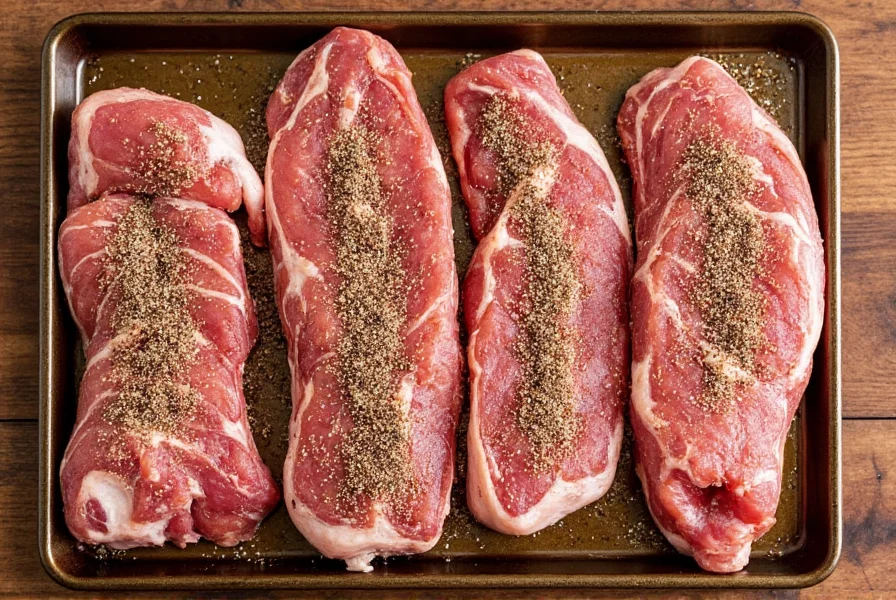
Advanced technique: For extra flavor depth, create a "flavor paste" by mixing seasoning with 1 tbsp olive oil before applying. This helps spices adhere and prevents drying during cooking. Always use freshly ground spices—pre-ground loses 50% potency in 6 months.
Buying Guide: Seasoning Selection Criteria
Professional chefs recommend these criteria when purchasing seasonings:
- Check Expiration Dates: Spices lose potency after 6-12 months. Buy small quantities for frequent use.
- Verify Ingredient Transparency: Avoid blends with "natural flavors" or "fillers." Look for 100% pure spices with no additives.
- Source Quality: For smoked paprika, choose Spanish Pimentón de la Vera. For garlic powder, select dehydrated granules (not flakes).
- Cost vs. Value: Premium brands like McCormick or Penzeys offer better consistency. Avoid bulk bins where moisture exposure degrades quality.
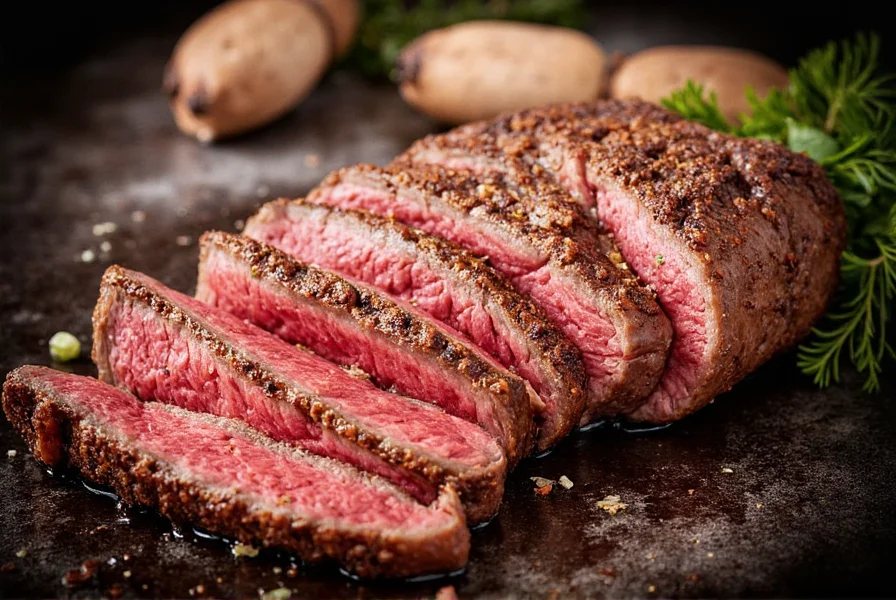
Professional tip: When in doubt, start with single-ingredient spices. Build custom blends using ratios from this guide—this ensures perfect flavor control and avoids artificial additives common in pre-mixed blends.
Conclusion: Elevate Your Pork Steak Results
Mastering pork steak seasoning requires precise ratios, scientific application, and quality ingredients. By following these evidence-based techniques—using exact measurements, proper marination timing, and professional-grade spices—you'll consistently achieve restaurant-quality results. Remember: The best seasoning isn't about complexity, but about understanding how each ingredient interacts with pork's natural properties. Start with the Classic Herb Blend ratio, experiment with timing, and you'll transform your pork steaks into unforgettable dishes.
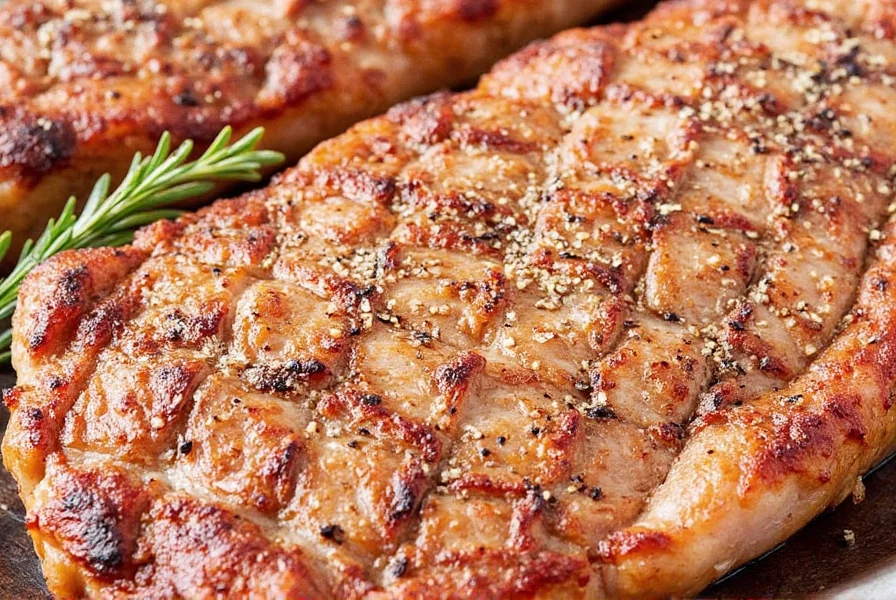
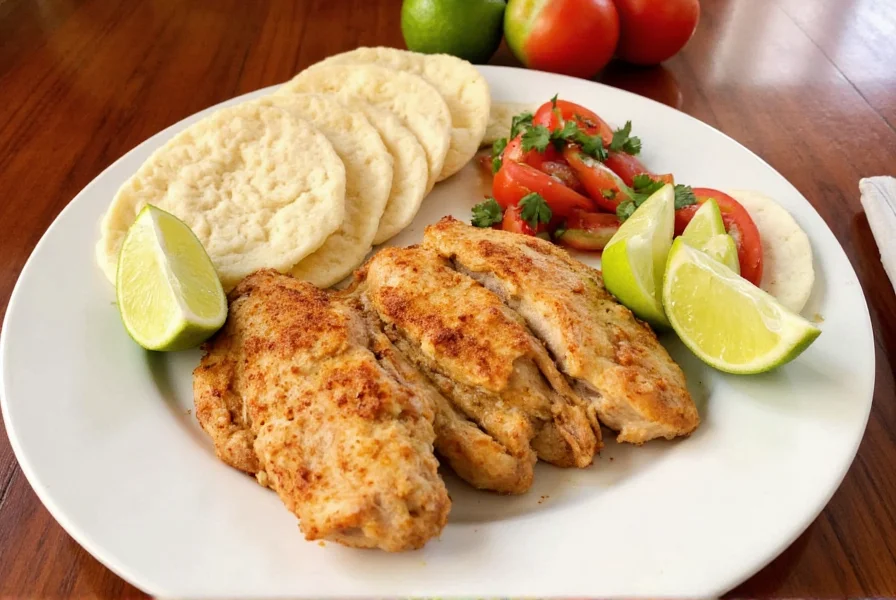
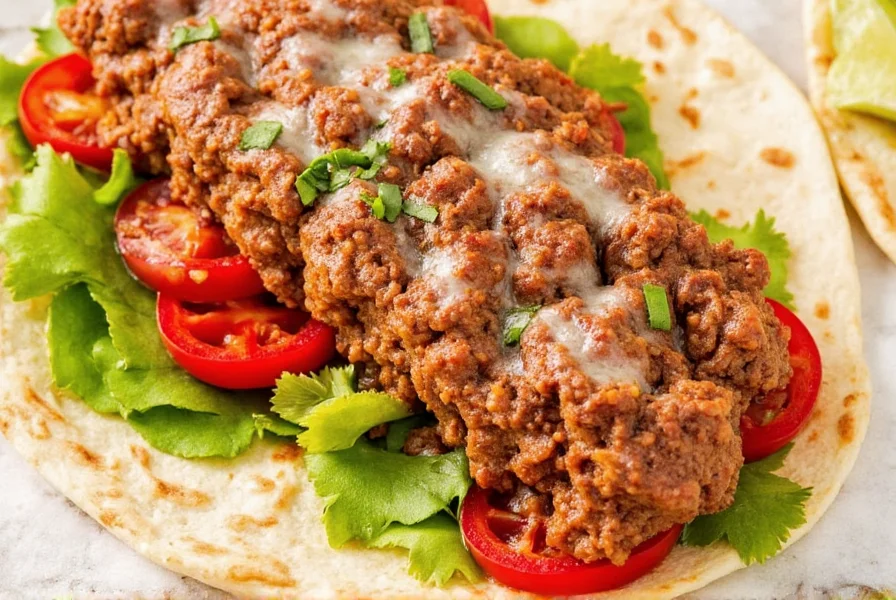










 浙公网安备
33010002000092号
浙公网安备
33010002000092号 浙B2-20120091-4
浙B2-20120091-4